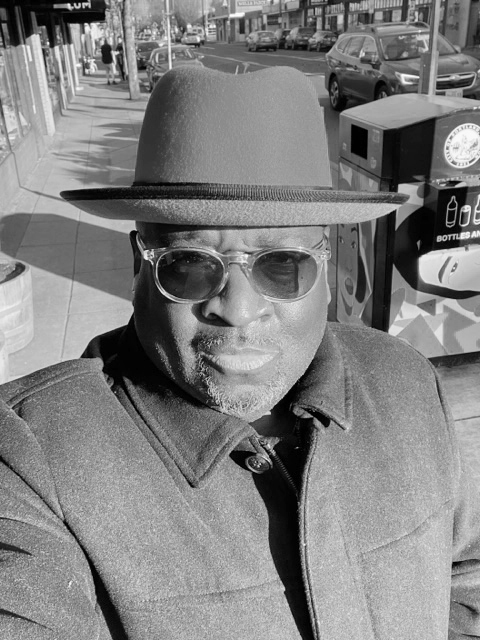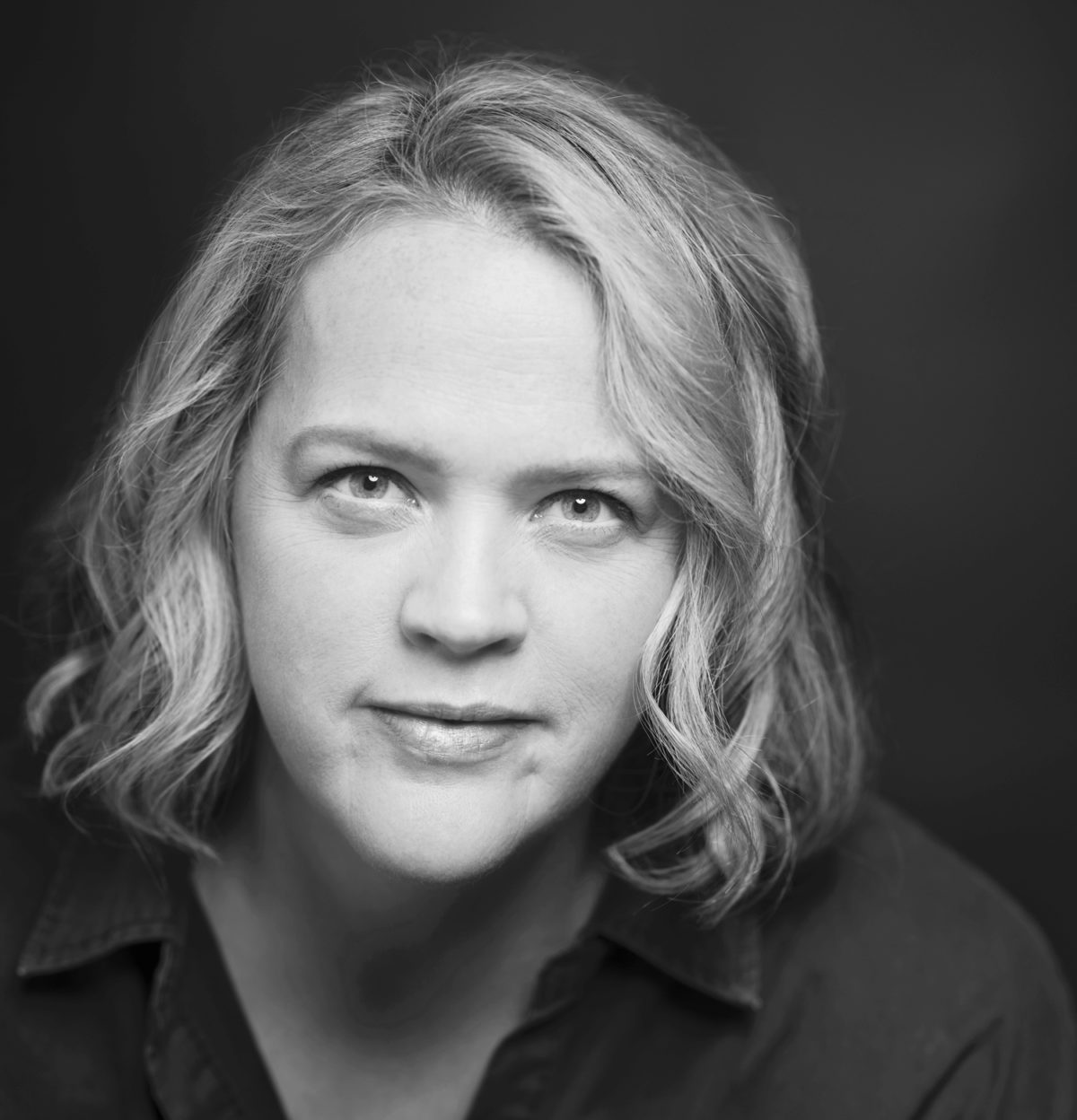Instead of our SNACC meeting this month, a few of us from the Sunnyside Shower Project participated in a lively policy conversation on houselessness and public safety sponsored by Portland Forward, an intergenerational organization that envisions a Portland that works for all. Leaders from Street Roots, H4All, and other organizations were present, as were the D.A., a former mayoral candidate, and several singers (one of whom has a singing telegram company). We came up with some big ideas that included increasing pay for social workers, ending the commodification of housing stock, and using Neighborhood Associations as a way to build community amongst unhoused and housed neighbors. Our next SNACC meeting will be on April 20th at 6:30 p.m.
Author: Hannah Wallace
Sunnyside Neighborhood Community Cares (SNACC) Committee Updates
We had a strong turnout at our February meeting, where we discussed the Sunnyside Shower Project’s (SSP) protocols on how to deal with guests who exhibit harmful or dangerous behaviors. Special guest Sandra Comstock, from Hygiene4All, shared some ideas on how they deal with harm to their community. The SSP has a “Code of Conduct” that we hang in our space at the Groves but we have not yet written down a policy for “incident protocols.” We hope to do that in the coming weeks. One helpful tidbit
that Comstock shared is to come at the incident with curiosity. If a person who is houseless is acting out, there is usually something going on for them and finding out what that is and (if possible) helping them solve that issue is a good place to start.
We also discussed the possibility of the SSP becoming its own nonprofit, separate from the SNA. There are pros and cons to this—one pro being that we would be eligible for a wider variety of grants and funding. On the other hand, many of us like the fact that we’re showing that Neighborhood Associations can be a force for good in their communities. We don’t want to lose the grassroots nature of the SSP, which is one of the qualities that makes it so special. Matt Lembo offered to help with this process, if the SSP decides to become its own nonprofit.
Finally, we are hoping to off-load the furniture that’s in our storage unit on 82nd St. If anyone needs bookshelves, lamps, or other household items, let us know. We are willing to give these items away in exchange for a donation to the SSP! Contact Emily at [email protected] if you’re interested.
As always, if you’re interested in supporting the SSP, either financially or by joining our growing volunteer pool, please email [email protected] to learn more.
Sunnyside Neighborhood: Getting to Know Your Neighbors
Q&A with Reverend Leroy Barber
The Rev. Leroy Barber wears many hats. Formerly Director of Innovation at the Oregon-Idaho Conference of the United Methodist Church, Barber is currently the associate pastor at the Groves Church in Sunnyside and the Executive Director of a North Carolina-based nonprofit called Neighborhood Economics, which supports entrepreneurs in disenfranchised neighborhoods. He’s also Black Santa PDX. Finally, as if that weren’t enough to keep him busy, he just opened a coffee shop, Grinds & Vines, in the basement of the Sunnyside Methodist Church. Barber also loves to wear actual hats—including this red fedora. Stop by to have a latte or pour-over, and give him and his daughter Jessica a big welcome!
How long have you been in Portland?
Leroy: I’m from Atlanta. I came here about ten years ago for a job with a non-governmental organization called Word Made Flesh, but they’ve since moved. They work in nine different countries. I’ve done a lot of work with missions, and international and community development.
Do you live in Sunnyside?
Leroy: No. I live in Southeast Portland but further out, towards Gresham.
Why did you start your business in Sunnyside?
Leroy: I worked for the Methodist Conference for about five years and I invited Sunia [Gibbs, pastor at The Groves Church] and the Groves to be part of this building [the old Sunnyside Methodist Church]—to help renovate it and run it as a community center. A few years ago, we found old pictures—like, twenty years old—showing that there used to be a coffee shop in the basement. So that’s what gave me the idea. And I just think Sunnyside is a good neighborhood. It’s a close-knit community.
Sunnyside Neighborhood Getting to Know Your Neighbors
Q&A with Erika Bolstad
Journalist Erika Bolstad writes about environmental issues, politics, and the effects of climate change (including natural disasters like Hurricane Katrina). For the past decade, she’s also been working on a book, Windfall: The Prairie Woman Who Lost Her Way and the Great Granddaughter Who Found Her, which arrives in bookstores on January 17th. Windfall is part memoir but it’s also a bit of a mystery: who was her great-grandmother, Anna, and why did she unaccountably disappear from her North Dakota homestead in 1907? It’s also an excellent primer on the oil industry and fracking and how both impact rural communities in North Dakota. At the heart of the book is a personal dilemma: is it OK to accept a windfall if the industry that produces it furthers climate change? Bolstad and her husband Chris Waldmann live in Sunnyside with their lab mix Mojie.
Can you explain for those who don’t know what owning “mineral rights” even means? It’s a strange concept for those of us who don’t live in oil states.
Erika: In most parts of the United States, people own the surface of the land and also the earth beneath the surface. But in many places, those two things can be separated—especially in oil patch states. So even though my family no longer owns the land, they still own the mineral rights. And of course, this can end up in all kinds of heartaches. People who own the land don’t always own the mineral rights beneath them and don’t have a lot of recourse or decision-making power about who drills where.
At the heart of the book is your ambivalence about inheriting these rights and the money that comes from them. Can you explain that ambivalence?
Erika: On the one hand, Americans are conditioned to embrace windfalls, to embrace sudden riches. We all believe deep down that we could get rich. That wealth is almost our due in some ways—even if we fight against that impulse or don’t really believe it. It’s deep in our culture. My mother was super excited when these envelopes showed up.
She also went to college thanks to those checks from the oil company.
Erika: Yeah. So there’s a real legacy of this money having value in my family. I have a deep understanding of the value of these mineral rights to my family and to many other families just like mine all over North Dakota, Oklahoma, and Texas. I get it.
On the other hand, it was so clear from the very beginning that the toll of fracking, the toll of drilling, the toll of boom and bust economies, is really unacceptable. And you can look at the short term toll of it—whether it’s the increased toll on roads, air pollution, long-term ground water pollution, and salt spills that damage farmland. Or just building up infrastructure that’s unnecessary. There are short term effects and there are long term effects. The long term effect is the scariest, which is climate change. So I saw all of these things the way a journalist does. If not in a neutral way, in a way where I can see them all laid out on the table. And kind of weigh them and understand how some of them might be more harmful than others.
While doing research at the National Archives in D.C., you discover that Anna was committed to the North Dakota Hospital for the Insane in 1907, after the birth of her son (your grandfather). Later you conclude from her medical files that she most likely had postpartum depression. How did that make you feel? Relieved that we’ve come a long way in diagnosing postpartum depression?
Erika: I think that a lot of women even now struggle with the after-effects of giving birth—in a society that doesn’t have a lot of support for them after their children are born. What they call the fourth trimester. No-one in modern life is being institutionalized in the same way, which is good. But I do think that there are way too many parallels still for modern American women, post birth. So I think we have come far but we also have a long way to go.
I don’t want to give away the ending, but I will say that you decide to do something radical with your mineral rights. Just curious, have you made any progress on that?
Erika: I’m still working on that, but it may be revealed in an article I hope to write after my book comes out.
A more quotidian question: when you wrote the book, what was your writing schedule like? Did you write for the same hours each day? What are your genius writing tips?
Erika: I write best in the morning. I can revise sometimes in the afternoon and evenings, but I’m freshest in the morning. When I wrote the first draft of the book, I actually got up every day at 5:15 a.m. I powered through in the morning, then I walked the dog.
How long have you lived in Sunnyside?
Erika: 5 years. We moved here [from D.C.] when my dad was diagnosed with dementia.
What’s one thing you love about Sunnyside?
Erika: I love walking in this neighborhood. I love being able to do most errands on foot and to shop in local stores. I like being able to go to Powell’s and dream of my book on the shelf there.
What’s one thing that could use improvement?
Erika: Slow down on Hawthorne Boulevard and on 30th! This neighborhood is special because people can walk and bike safely here. Let’s keep it that way.
I guess I know the answer already—but cat or dog?
Erika: Dog! Mojie. She’s almost six, and she’s a lab mix.
As always, if you have any suggestions for subjects for Q&As, please email Hannah at [email protected]
Sunnyside Neighborhood Community Cares (SNACC) Committee Updates
The Sunnyside Shower Project and SNACC are hosting their 3rd Annual winter gear and clothing drive. We will be collecting donations at Southeast Uplift (3534 SE Main Street) from 10 a.m. – 1 p.m. on Saturday December 10th. We primarily serve adults. We are in need of a range of winter weather items in all sizes, such as:
- New socks and underwear
- Winter hats
- Gloves
- Sweaters and sweatshirts
- Long and short sleeve t-shirts
- Sweatpants and long underwear
- Jeans and pants
- Boots
- Rain resistant outerwear
- Blankets
- Sleeping bags
- Tents
- Hothands
If you are unable to drop off donations on December 10th, donation drop offs can be arranged by emailing Hannah Wallace at [email protected]. We are also in need of volunteers and financial donations to support both the event and the long term operations of the Sunnyside Shower Project. Details about volunteering and how to contribute a tax-deductible donation to the Sunnyside Neighborhood Association Community Cares Committee to support the Shower Project can be found at https://sunnysideportland.org/donate-snacc.


